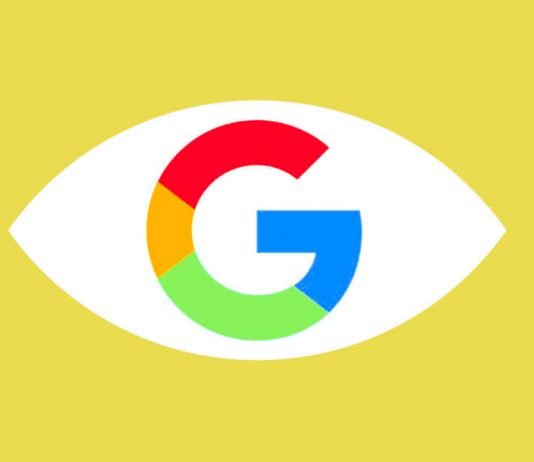The European Union (EU) has called on Google to divest part of its advertising business. This decision comes in the wake of the EU’s accusation that Google has been abusing its dominant position in the online advertising market, thereby distorting competition.
The EU’s concern stems from Google’s presence at virtually every level of the online advertising supply chain. The Union believes that Google may have used its market position to favor its own advertising intermediation services, potentially damaging the interests of publishers and increasing advertisers’ costs.
The EU’s recommendation for Google to sell part of its business is seen as a dual-purpose move. On one hand, it serves as a sanction against Google, and on the other, it is the only recommendation that, according to the Commission, would allow the market to function more equitably and fairly. Essentially, this is seen as the only solution to prevent Google from abusing its power in the advertising market.
This development is not unique to the EU. Earlier this year, the US Department of Justice also sued Google, accusing it of illegally monopolizing the market. This allegedly forced rivals in advertising technology to exit the market and discouraged potential new entrants, leaving the remaining competitors marginalized and unfairly disadvantaged.
Google’s dominance extends to both the buying and selling sides of the online advertising market, through services for advertisers and publishers, along with a buying and selling market called Google AdX (Google Ads Exchange). The EU believes that Google is abusing its market position by ensuring that its buying and selling intermediation tools favor its own buying and selling market.
The Commission believes that any solution asking Google to change its behavior would be ineffective. As a result, it suggests that only Google’s mandatory divestment of part of its services would address its competition concerns.
In response to these allegations, Google maintains that its advertising technology tools help websites and applications fund their content and enable businesses of all sizes to effectively reach new customers. The company disagrees with the Commission’s opinion and plans to respond accordingly.
The final decision on this matter will be made by European judges. If Google’s response to these preliminary conclusions does not satisfy the European Commission, the suggestion of divestment could turn into an order.


